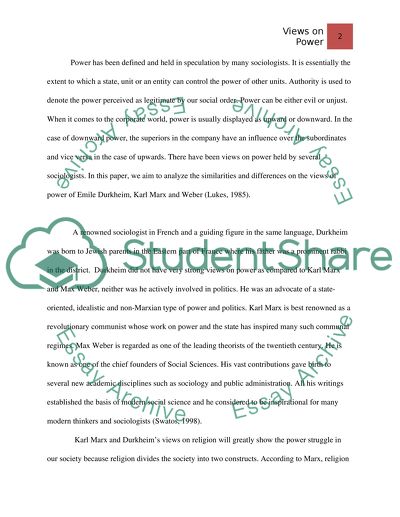Cite this document
(“The Differences and Similarities on the Views of Power of 3 Essay”, n.d.)
Retrieved from https://studentshare.org/sociology/1429962-critically-discuss-and-compare-the-differences-and
Retrieved from https://studentshare.org/sociology/1429962-critically-discuss-and-compare-the-differences-and
(The Differences and Similarities on the Views of Power of 3 Essay)
https://studentshare.org/sociology/1429962-critically-discuss-and-compare-the-differences-and.
https://studentshare.org/sociology/1429962-critically-discuss-and-compare-the-differences-and.
“The Differences and Similarities on the Views of Power of 3 Essay”, n.d. https://studentshare.org/sociology/1429962-critically-discuss-and-compare-the-differences-and.


